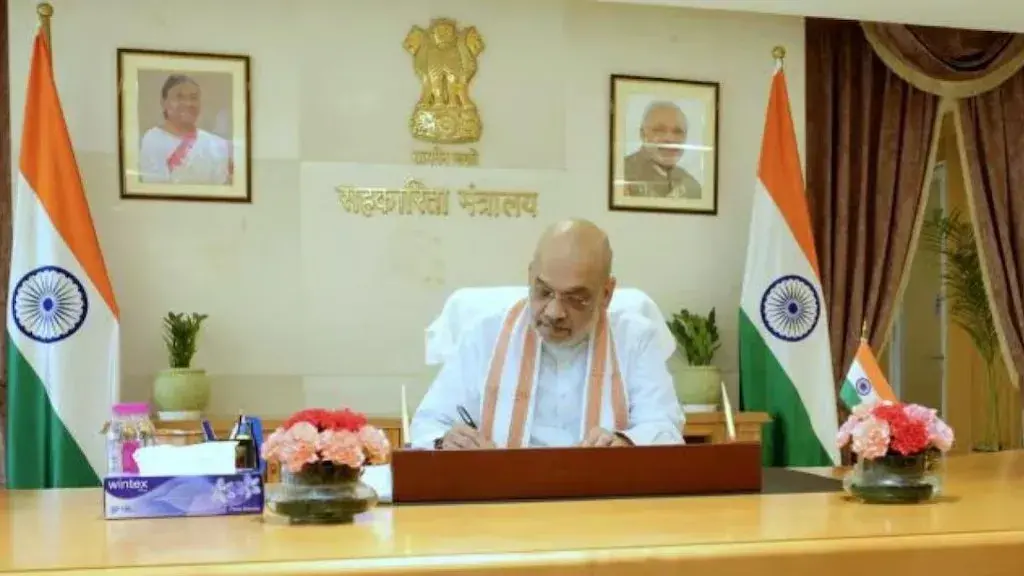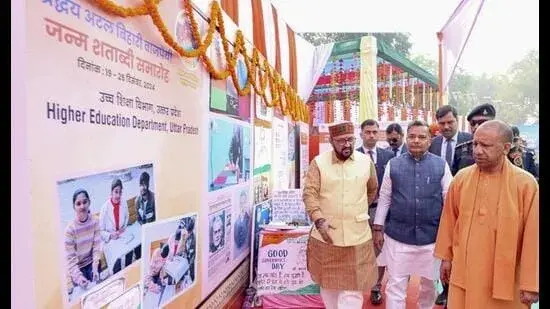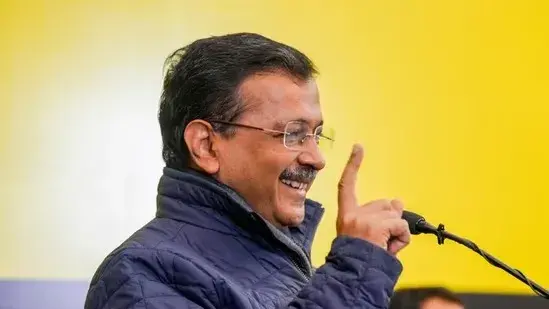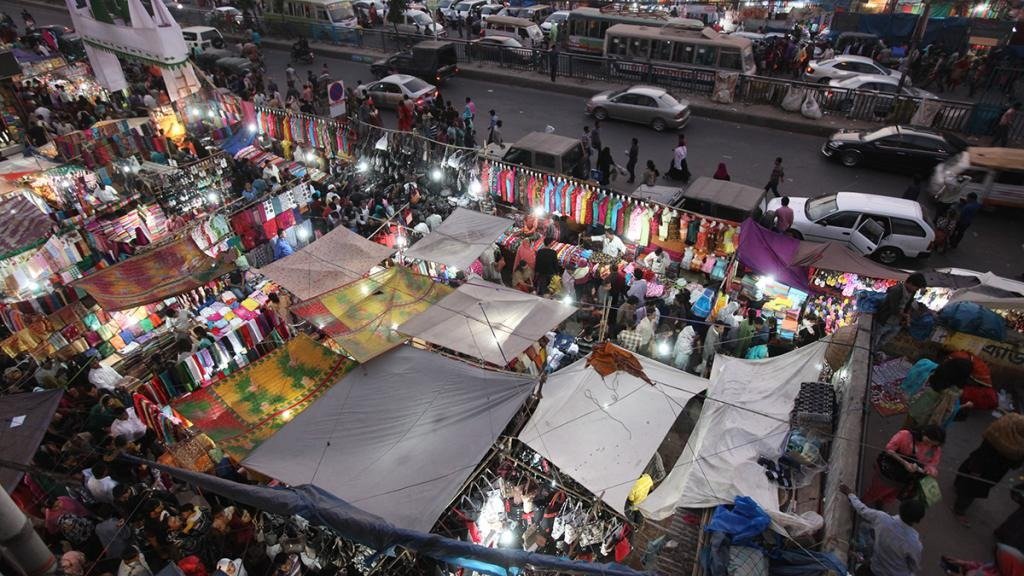Consumer Rights and Accountability Highlighted at Tamil Nadu Consumer Protection Council’s Golden Jubilee
The golden jubilee celebration of the Consumer Protection Council, Tamil Nadu, held in Tiruchi on Saturday, emphasized the importance of consumer rights and accountability across various sectors. The event featured talks by prominent personalities, shedding light on the significance of probity in governance and the judiciary. The programme was inaugurated by Minister for Municipal Administration K.N. Nehru, with Tiruchi District Collector M. Pradeep Kumar, Justice G.R. Swaminathan of the Madras High Court (Madurai Bench), and retired civil servant Swaran Singh in attendance. Pushpavanam, Secretary of the Consumer Protection Council, reflected on the organization’s 50-year journey, highlighting its achievements in promoting standardization and consumer welfare. The event featured discussions on themes such as accountability in the judiciary, executive, public sector, and legislature. S. Muralidhar, retired Chief Justice of Odisha High Court, opened the session on judicial accountability, praising the role of consumer councils in enhancing democratic governance. He noted that such bodies have significantly contributed to the effective implementation of the Right to Information Act. Justice Swaminathan underlined the need for accountability within the judiciary, emphasizing punctuality and dedication in courtrooms. He remarked that judges must recognize litigants as consumers of justice and encouraged consumer organizations to critically evaluate judgments and judicial conduct. Retired civil servants Swaran Singh and Vivek Harinarain, along with Rajya Sabha member Tiruchi N. Siva, former State Assembly Secretary M. Selvaraj, and BJP Tamil Nadu vice-president Narayanan Thirupathi, also spoke on the evolving challenges in consumer protection. The event underscored the pivotal role of consumer organizations in advocating for transparency and fairness in public services, marking a significant milestone in the council’s legacy. Source: The Hindu Photo Credit: The Hindu










